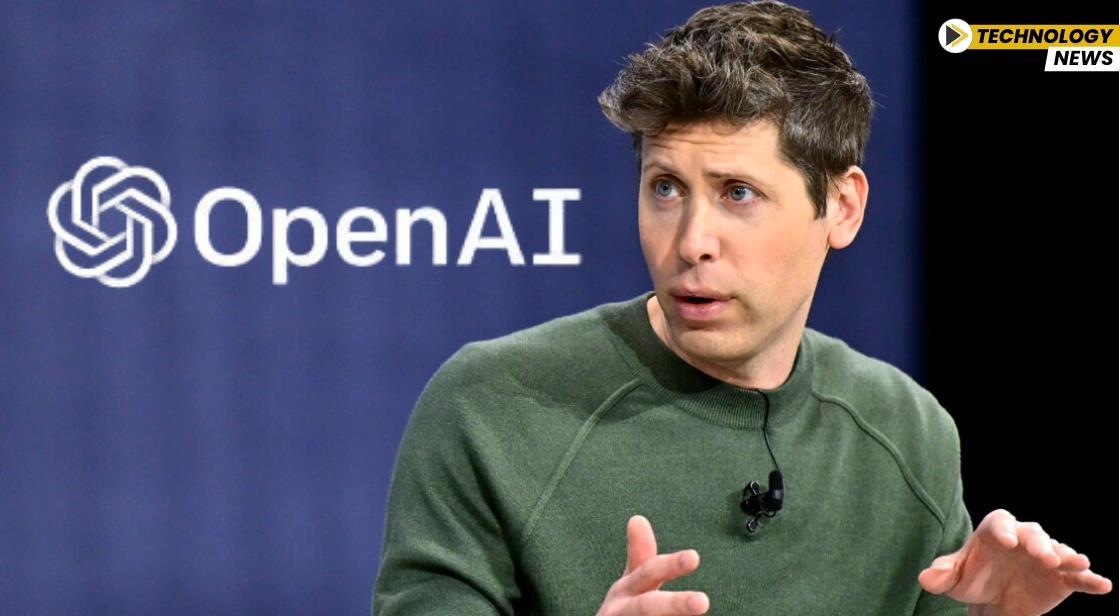OpenAI Launches ChatGPT Go at ₹399 in India, Its Most Affordable Plan Yet

News Synopsis
OpenAI, the creator of ChatGPT, has introduced ChatGPT Go, an India-exclusive subscription plan priced at just ₹399 ($4.57) per month, marking its most affordable offering so far. The launch reflects the company’s intent to strengthen its foothold in India, which has rapidly emerged as OpenAI’s second-largest user base after the United States.
Why India Got Its Own ChatGPT Plan
Global technology companies often roll out budget-friendly subscription models for India, given the price-sensitive nature of the market. With over 1 billion internet users, India remains the world’s most populous nation and a key battleground for digital adoption.
By introducing ChatGPT Go, OpenAI aims to democratize access to advanced AI tools, particularly for students, professionals, and small businesses seeking affordability without compromising on features.
What ChatGPT Go Offers
OpenAI highlighted that the ChatGPT Go plan provides up to ten times more messages and ten times more images compared to the free version. Additionally, users benefit from faster response times, making the plan suitable for those who rely on AI for productivity, research, and creative tasks.
"ChatGPT Go is designed for Indians who want greater access to ChatGPT’s advanced capabilities at a more affordable price," the Microsoft-backed startup said in a statement.
Importantly, higher-tier subscriptions like ChatGPT Plus and ChatGPT Pro continue to offer even greater limits.
-
ChatGPT Pro: ₹19,900/month – designed for enterprise-grade users and professionals.
-
ChatGPT Plus: ₹1,999/month – mid-range plan balancing affordability and enhanced features.
India as OpenAI’s Next Big Market
India’s digital-first economy and massive internet population make it an attractive market for AI adoption. Earlier this year, OpenAI CEO Sam Altman met India’s IT Minister to explore ways to build a low-cost AI ecosystem, signaling the company’s long-term strategy.
Altman recently noted that India could soon overtake the US to become OpenAI’s largest user base—a clear indication of the AI boom in the country.
Global AI Competition and Local Focus
OpenAI’s move comes at a time when tech giants like Google, Microsoft, and Anthropic are pushing their AI models globally. Offering region-specific, affordable AI plans could give OpenAI a competitive edge in India’s fast-growing AI adoption race.
History of OpenAI
OpenAI is a leading American artificial intelligence (AI) research organization with a mission to ensure that artificial general intelligence (AGI)—AI systems that can outperform humans at most economically valuable work—benefits all of humanity. It began as a non-profit and has since evolved into a unique "capped-profit" model.
OpenAI Founding and Early Years (2015-2018)
OpenAI was founded in December 2015 by a group of prominent figures in the tech world, including Sam Altman, Elon Musk, Greg Brockman, Ilya Sutskever, and others. The initial mission was to create AGI that would be safe and beneficial for everyone, preventing it from being monopolized by a few corporations.
To achieve this, the founders pledged over $1 billion in capital. During its early years, OpenAI operated as a non-profit, publishing research openly and collaborating with the wider AI community. This period saw the development of projects like OpenAI Gym, a toolkit for reinforcement learning research, and the release of early language models. In February 2018, Elon Musk left the board, citing a conflict of interest with his work at Tesla.
The Shift to a Capped-Profit Model (2019-2022)
In 2019, OpenAI's leadership concluded that a traditional non-profit structure was not sustainable for the immense computational and talent costs required to build AGI. They created a new entity, OpenAI Global LLC, a "capped-profit" subsidiary that is legally controlled by the original non-profit board. This new structure allowed the company to raise large-scale investment, with a key partnership from Microsoft. The capped-profit model promised to return all value created above a certain cap to the non-profit, theoretically balancing commercial interests with the company's mission. This shift allowed OpenAI to develop its groundbreaking GPT series of language models, culminating in GPT-3 and the image-generation model DALL-E.
The ChatGPT Era and Leadership Turmoil (2022-Present)
The history of OpenAI was forever changed with the launch of ChatGPT in November 2022. The conversational chatbot brought generative AI to the mainstream, garnering hundreds of millions of users and dramatically increasing OpenAI's valuation. This success, however, also brought internal tensions.
In a highly publicized event in November 2023, the non-profit board of directors abruptly fired CEO Sam Altman, citing a "lack of consistent candor in his communications." The decision sparked a massive backlash from employees, investors (including Microsoft), and the public. Within five days, the board reversed its decision, and Altman was reinstated, leading to the resignation of most of the board members who had supported his ousting.
Since then, Altman has continued to lead the company's aggressive growth strategy. In 2024, OpenAI raised a historic $7.26 billion in funding, and it is now valued at over $172 billion. The company has since rolled out GPT-4 and, in August 2025, has made GPT-5 available to its partners and platforms like Microsoft's Copilot. OpenAI is also a key partner in the "Stargate" project, an estimated $500 billion initiative to build a network of advanced AI data centers.
You May Like









